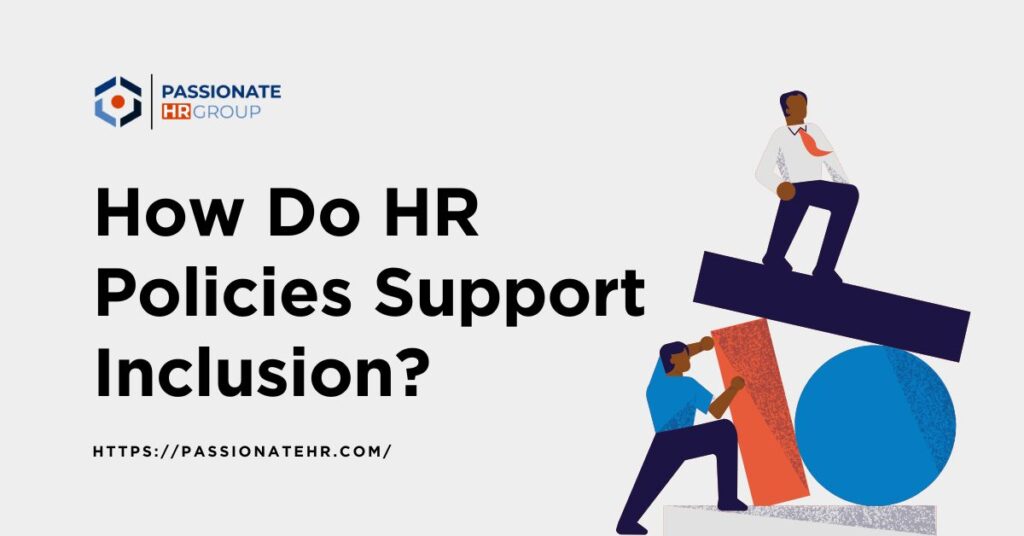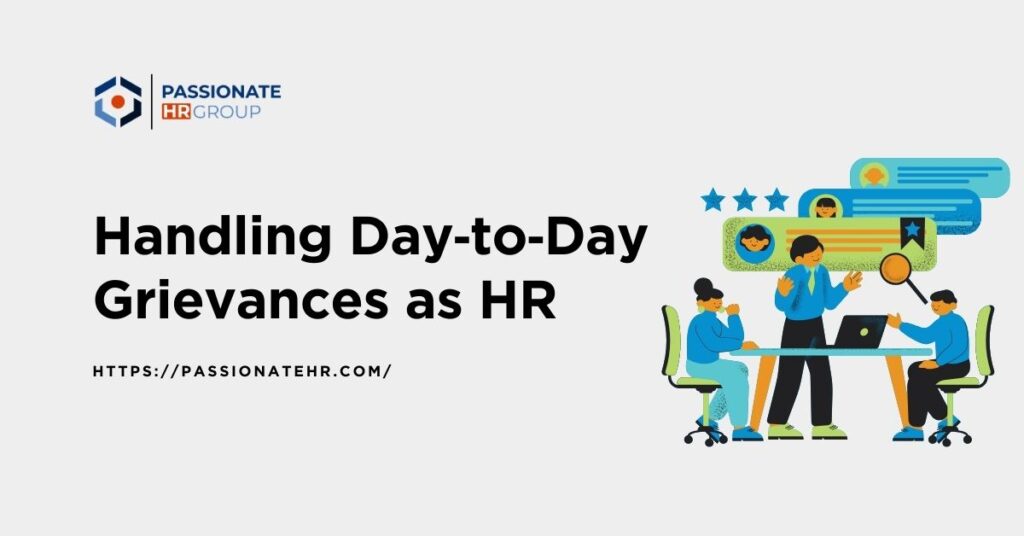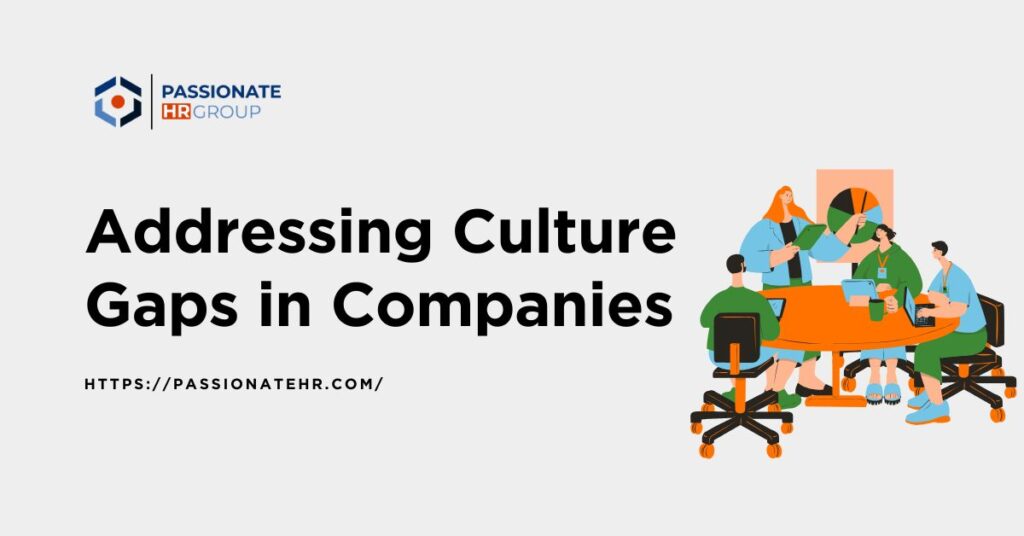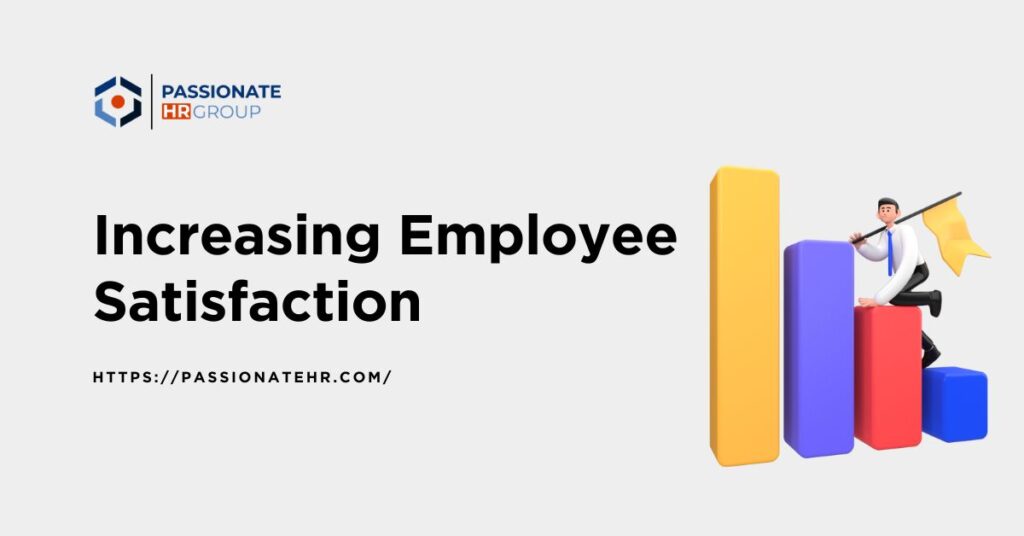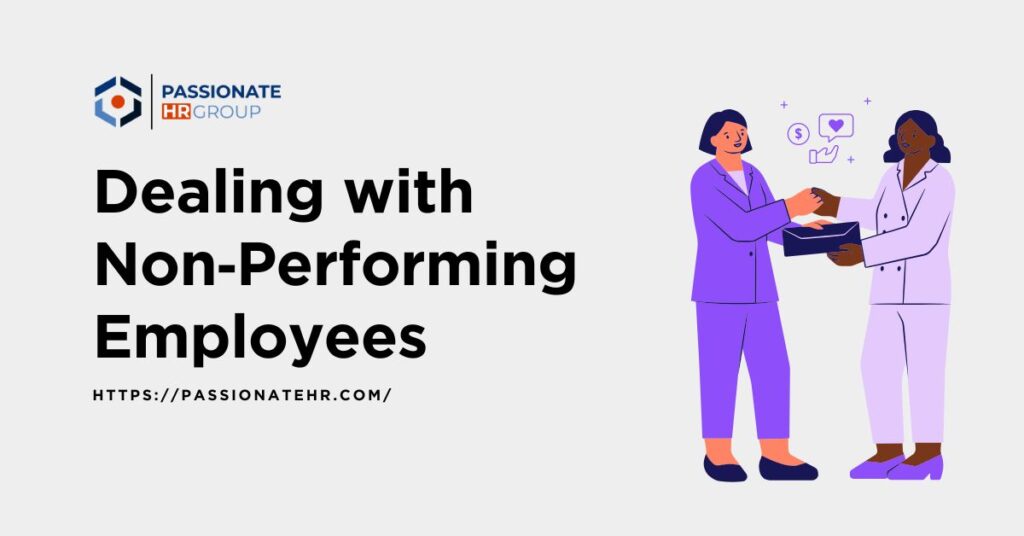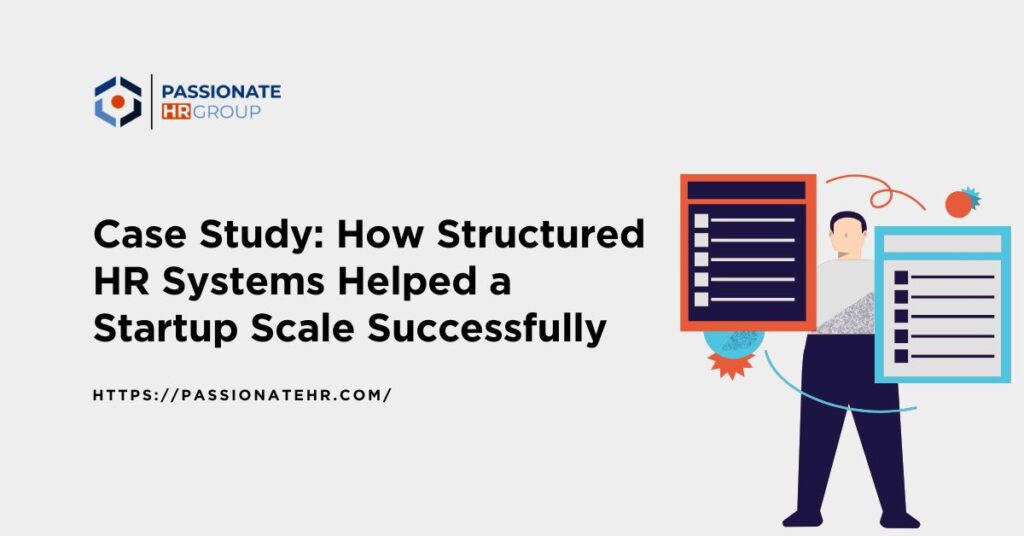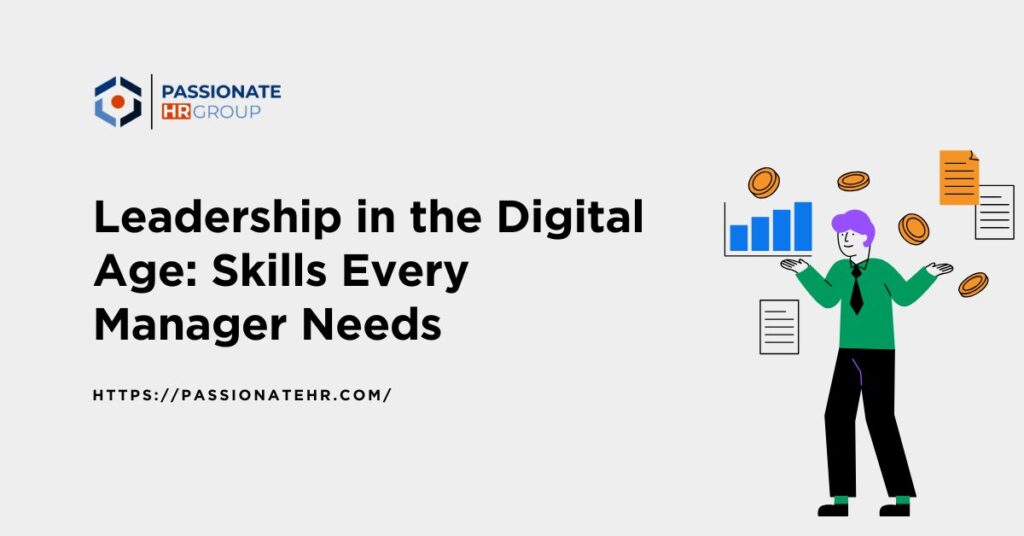Inclusion at work is more than a popular idea,it is something that shapes how people feel every day. When employees feel valued, safe, and respected, they are more engaged and motivated.
Work becomes more than just a job; it becomes a place where people can contribute their best. But inclusion does not happen by chance.
It develops when an organization sets clear systems and guidelines that help everyone feel like they belong. This is where HR Policies become so important.
Human Resources (HR) plays a central role in creating fairness at work. They build the framework that guides how employees are hired, treated, and supported.
By doing so, they create an environment where people of different backgrounds can thrive together.
What Does Inclusion Mean in the Workplace?
Inclusion means giving every employee the chance to participate fully, regardless of their personal background, beliefs, or abilities.
It’s about more than hiring people from different groups,it’s about making sure they feel welcome and respected once they are part of the organization.Diversity and inclusion are often mentioned together, but they are not the same.
Diversity is about having differences in a team, such as culture, gender, or age. Inclusion is what makes those differences meaningful by giving people a true sense of belonging.
A diverse workplace without inclusion can leave employees feeling isolated, but when inclusion is practiced through strong Human Resource Policies, everyone feels valued and supported.
The Role of HR in Shaping Workplace Culture
Workplace culture is reflected in the everyday experiences of employees. It shows how people talk to each other, how decisions are made, and how respect is shown.
HR has a strong influence on this culture because the policies they create act as the foundation.
When HR sets clear rules about promotions, communication, or behavior, they send a message that fairness matters.
For example, if promotions are based on transparent evaluations instead of personal connections, employees trust that their effort is recognized.
This type of fairness builds a culture where people feel comfortable contributing their ideas.In Place, many businesses have demonstrated how inclusion leads to stronger cooperation and long-term loyalty among employees.
Culture grows stronger when fairness is consistent, and HR provides that consistency.
How Do HR Policies Promote Equal Opportunities?
A major role of HR is to make sure that equal opportunities are available to everyone in the workplace.
HR helps achieve this by setting clear policies that guide recruitment, training, promotions, and recognition in ways that are fair and unbiased.
When HR designs recruitment processes that focus on skills and qualifications instead of personal connections, candidates know they are judged on merit.
Similarly, when training and advancement opportunities are offered equally, employees feel valued and confident that their effort and talent matter.
These policies also extend to ensuring fair pay, access to professional development, and recognition for contributions.
By doing this, HR builds a culture where employees trust the system and feel motivated to give their best. Equal opportunities remove hidden barriers, create a level playing field, and allow diverse talents to shine.
Ultimately, this not only strengthens inclusion but also helps the organization perform better because employees know they are rewarded for their abilities, not for factors beyond their control.
Recruitment Practices That Welcome All
The first step toward inclusion happens during hiring. Recruitment policies guide how job ads are written, how interviews are held, and how candidates are chosen.
When ads use open, neutral language and avoid requirements that are unnecessary, they reach a broader group of applicants.
Some companies go further with blind recruitment, where personal details like names or addresses are removed before applications are reviewed.
This prevents unconscious bias and allows managers to focus on skills and qualifications. The result is a fairer process that gives people from all backgrounds the opportunity to apply and succeed.
Training Programs That Build Awareness
Recruitment alone is not enough to create lasting inclusion in the workplace. While fair hiring practices open the door for diverse talent, real inclusion depends on what happens after people join the team.
Employees and leaders need continuous training that builds awareness of cultural differences, unconscious bias, and respectful communication.
Without this, even the most diverse workplace may struggle with misunderstandings or unequal treatment.
Workshops and awareness sessions play a big role in helping teams better understand perspectives beyond their own.
For instance, employees can learn about different cultural communication styles,such as how directness or formality may vary across backgrounds,which reduces the chance of conflict and encourages mutual respect.
This kind of training not only prevents bias from influencing everyday interactions but also gives employees practical tools to collaborate more effectively.
When people feel understood and respected, they are more willing to contribute their ideas, which strengthens teamwork and innovation.
Training helps employees become more open to listening, learning, and appreciating the strengths each person brings to the group.
Over time, these efforts shape a culture where inclusion is more than a policy,it becomes a lived experience that supports both individual growth and organizational success.

Preventing Discrimination Through Clear Guidelines
One of the strongest ways HR supports inclusion is through rules that prevent discrimination. These policies make it clear that unfair treatment based on gender, race, age, religion, or disability is not acceptable.
Clear guidelines give employees the confidence that they will be treated fairly. They also set expectations for managers, reminding them to make decisions based on performance and skill rather than personal bias.
When discrimination is addressed firmly, it creates a workplace where people feel protected.
Addressing Harassment and Bullying
Harassment and bullying can harm both individuals and entire teams. HR sets boundaries by clearly defining what behaviors are unacceptable and how they will be handled.
Employees know how to report concerns and what steps will follow.Support systems such as confidential reporting lines or access to counseling provide added security.
When people feel safe to speak up, it prevents problems from growing larger and builds a more respectful workplace overall. These protective measures allow employees to focus on their work without constant worry.
Flexible Work Policies and Inclusion
Inclusion is also about understanding that employees have different responsibilities outside of work. HR can create flexible rules that allow people to balance their personal and professional lives.
Parents may need different schedules, employees with disabilities may require adjustments, and caregivers may need extra support.
Options like flexible hours, remote work, or special leave policies make employees feel recognized as whole individuals, not just workers.
In Place, organizations that introduced flexible policies noticed improvements in both satisfaction and productivity. By supporting people’s individual needs, HR helps everyone contribute fully.
Building Belonging Through Employee Voice
Inclusion cannot happen if employees feel voiceless. HR encourages belonging by creating ways for employees to share their opinions and ideas.
This might include surveys, open discussions, or feedback systems that give everyone the chance to be heard.
Employee resource groups are another valuable tool. These groups bring people together around shared experiences, such as gender, ethnicity, disability, or other identities.
By supporting these groups, HR shows that each employee’s perspective is important. The sense of belonging that results strengthens teamwork and builds a more connected workplace.
Examples of Inclusion in Action
Inclusion becomes powerful when it moves beyond policies and shows in daily experiences. Imagine a workplace where employees from different cultures work together on a project.
Because HR has set fair rules, each person feels safe to share ideas. The project benefits from the variety of perspectives, leading to better solutions and creativity.
Another example is a company that holds cultural awareness days. Employees bring traditions, music, and food from their backgrounds.
This type of activity not only builds respect but also creates friendships across groups.
These experiences demonstrate that inclusion is not only a policy but a practice that shapes real connections.
The Long-Term Benefits of Inclusive HR Practices
Inclusive HR practices provide long-lasting benefits. When employees feel valued, they are more likely to stay with the organization, reducing turnover and the costs of hiring new staff. Retention saves money and preserves experience within the company.
Teamwork also improves. People who trust each other share ideas more freely, solve problems faster, and create a more positive environment. Over time, these improvements build a stronger reputation.
Companies that are known for inclusion attract skilled professionals who want to work in respectful environments. Customers also notice when businesses treat people fairly, which adds to trust and loyalty.
Inclusive workplaces, supported by strong HR Policies and an effective HR management system, do more than improve short-term results,they build stable organizations prepared for the future.
Conclusion
Inclusion in the workplace depends on fairness, respect, and a commitment to hearing every voice. HR plays a key role by setting rules for hiring, training, flexible work, and protection against discrimination.
These policies create an environment where people from all backgrounds can thrive and contribute fully.
By investing in inclusion, companies build stronger teams and long-term trust. Organizations like Passionate HR Group demonstrate that creating fair and respectful workplaces is not only possible but deeply valuable.
With thoughtful strategies and consistent action, workplaces can continue moving toward a culture where everyone belongs.
